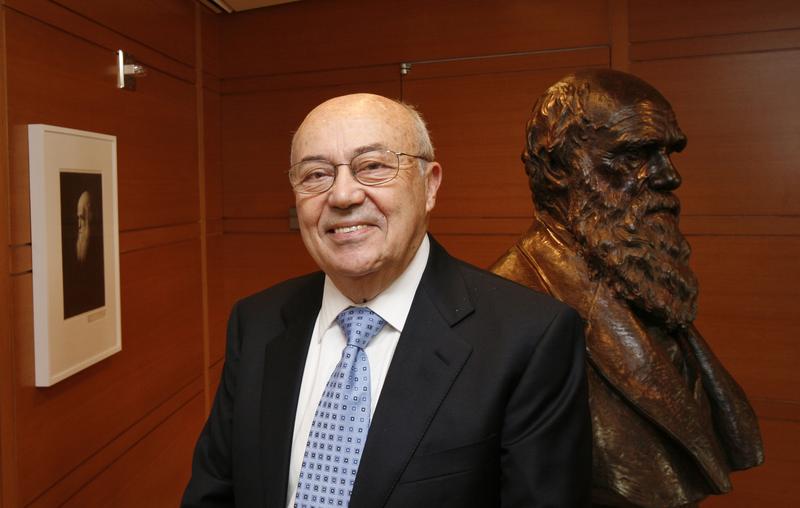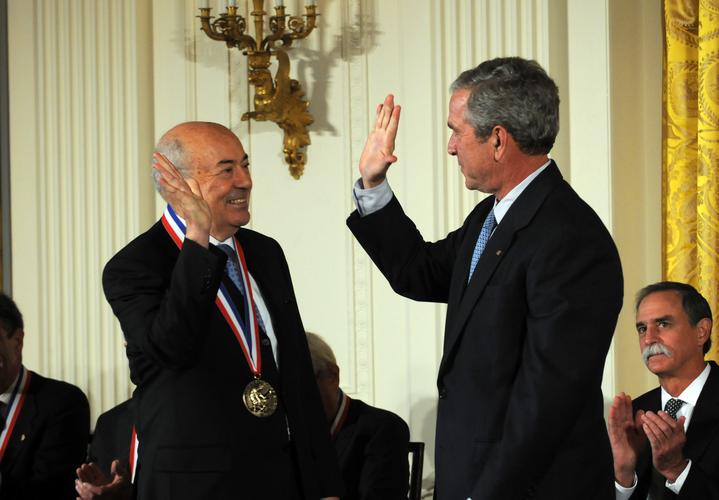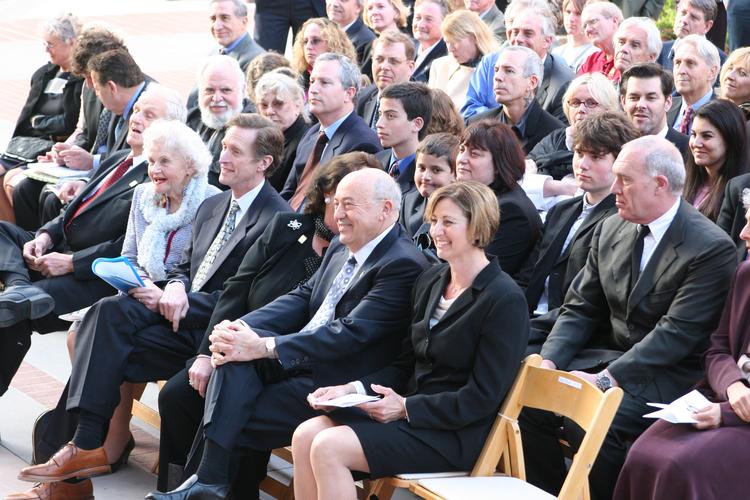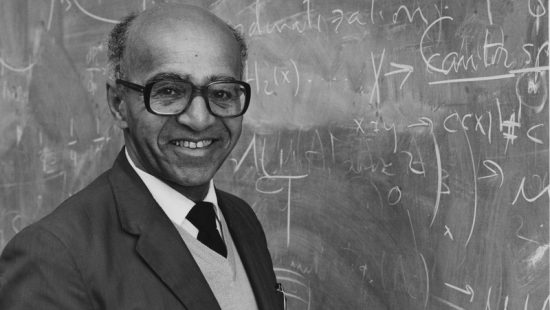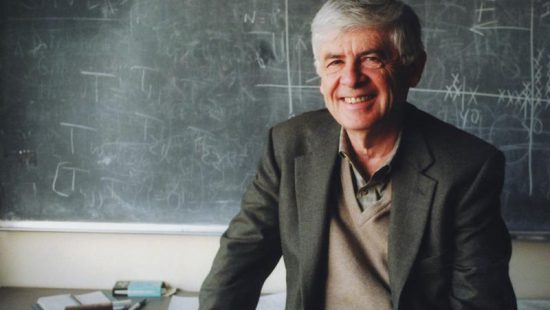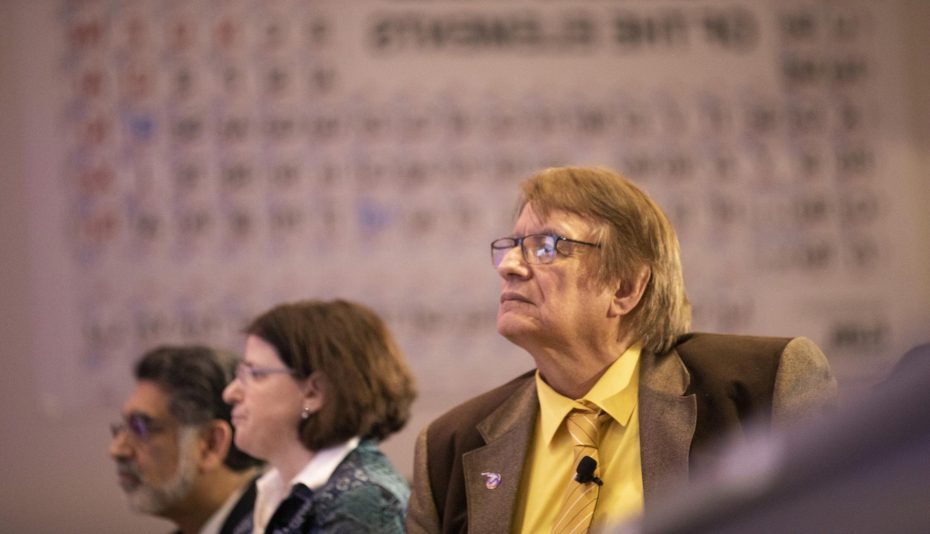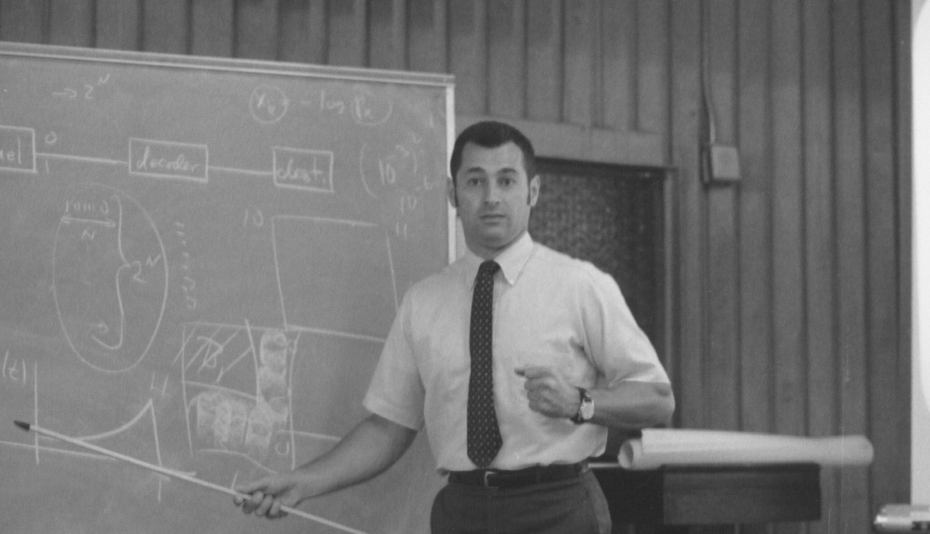Next time you answer a call on your cellphone, thank Andrew J. Viterbi. After escaping Italy to the U.S. as a refugee shortly before the start of World War II, Viterbi would later dive into a love of communications after experiencing long periods without speaking to his loved ones back home.
One of the first electrical engineering doctorates at the University of Southern California, this digital communications pioneer forever changed how you say “hello” across the world.
Called “a god in the field of communications,” Viterbi’s research broke barriers into the digital age with the “Viterbi Algorithm,” a mathematical formula designed to eliminate signal interference that led to many satellite and terrestrial digital wireless advancements we enjoy freely today.
Viterbi’s algorithm discoveries have crossed continents, influencing technologies from precise missile guidance, to spacecraft operation, 3G cellphones and even Wi-Fi service.
By Melissa Ayala

